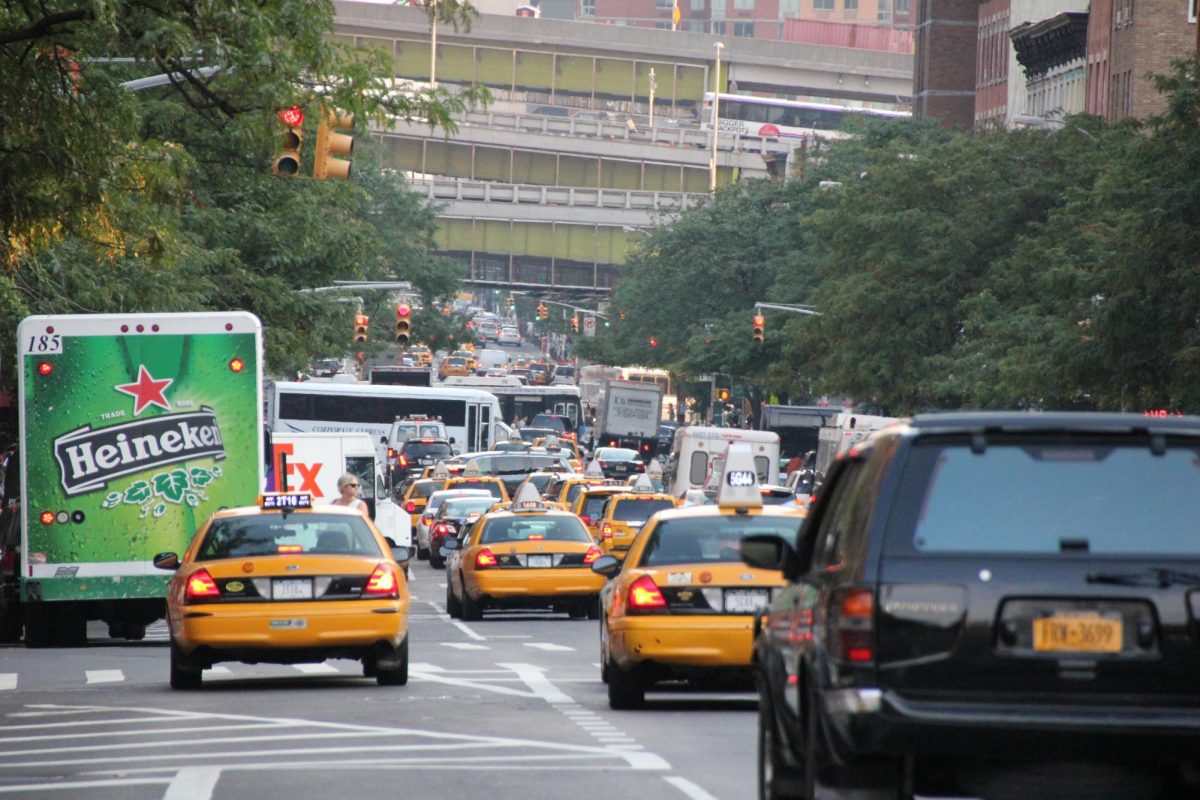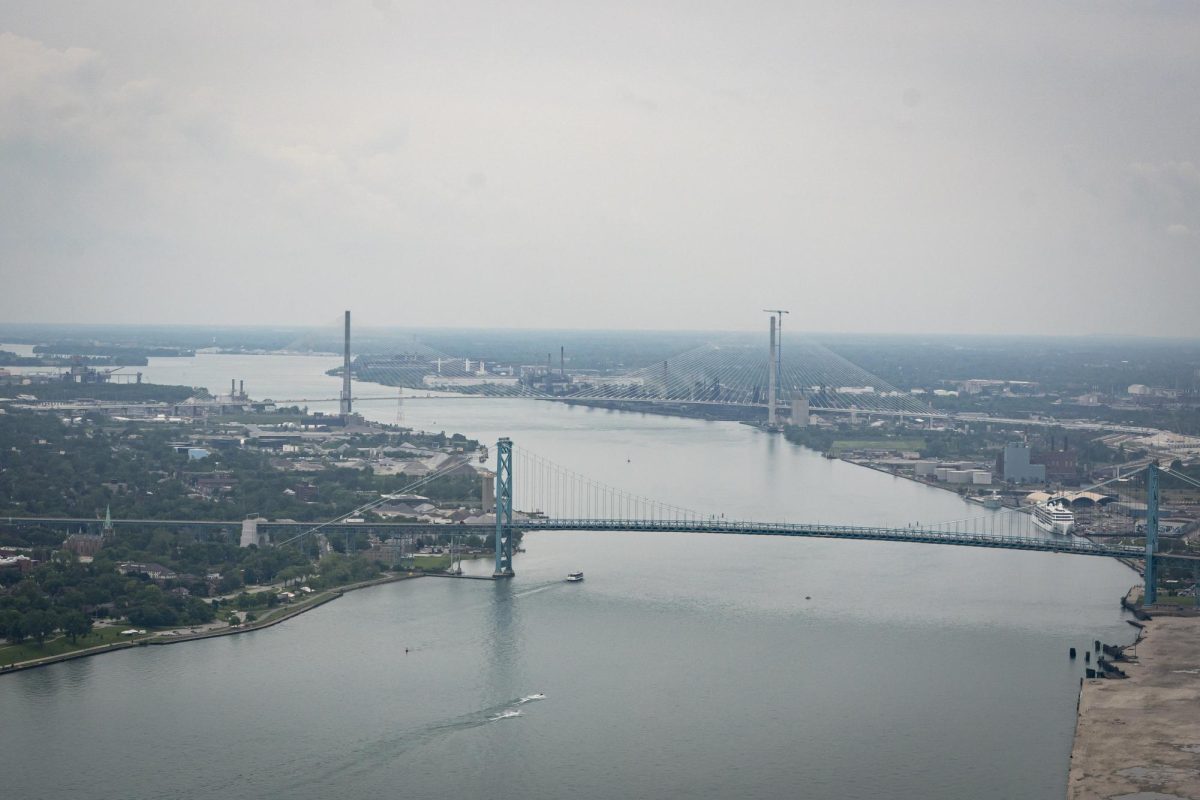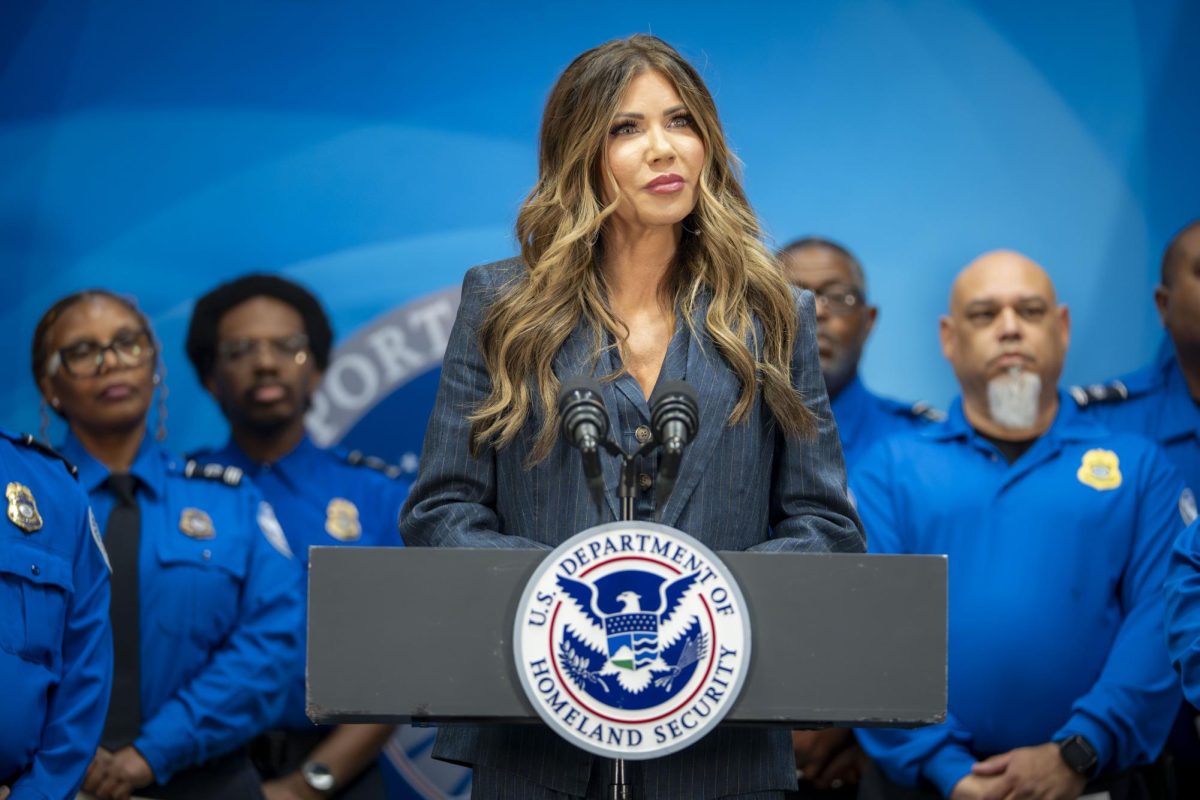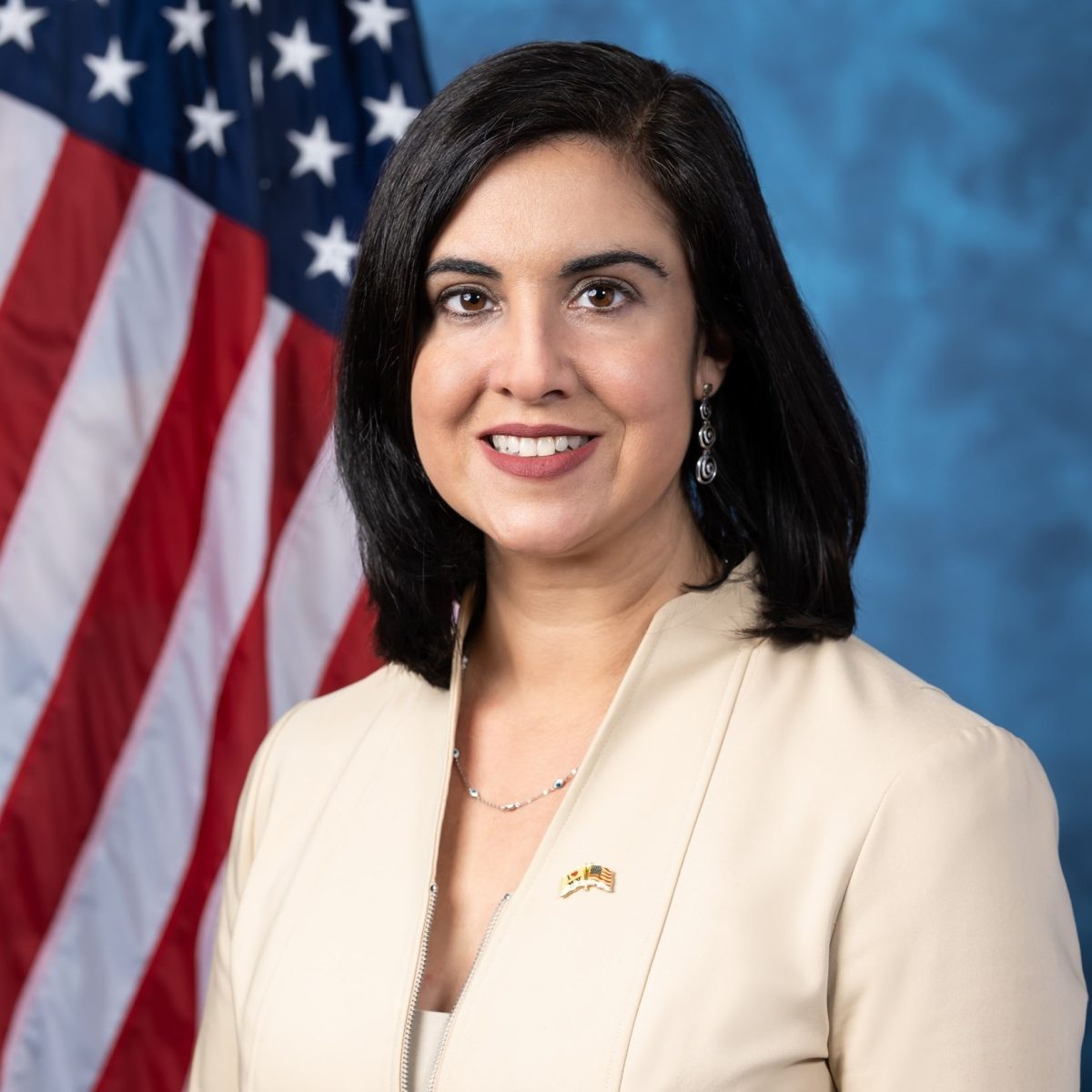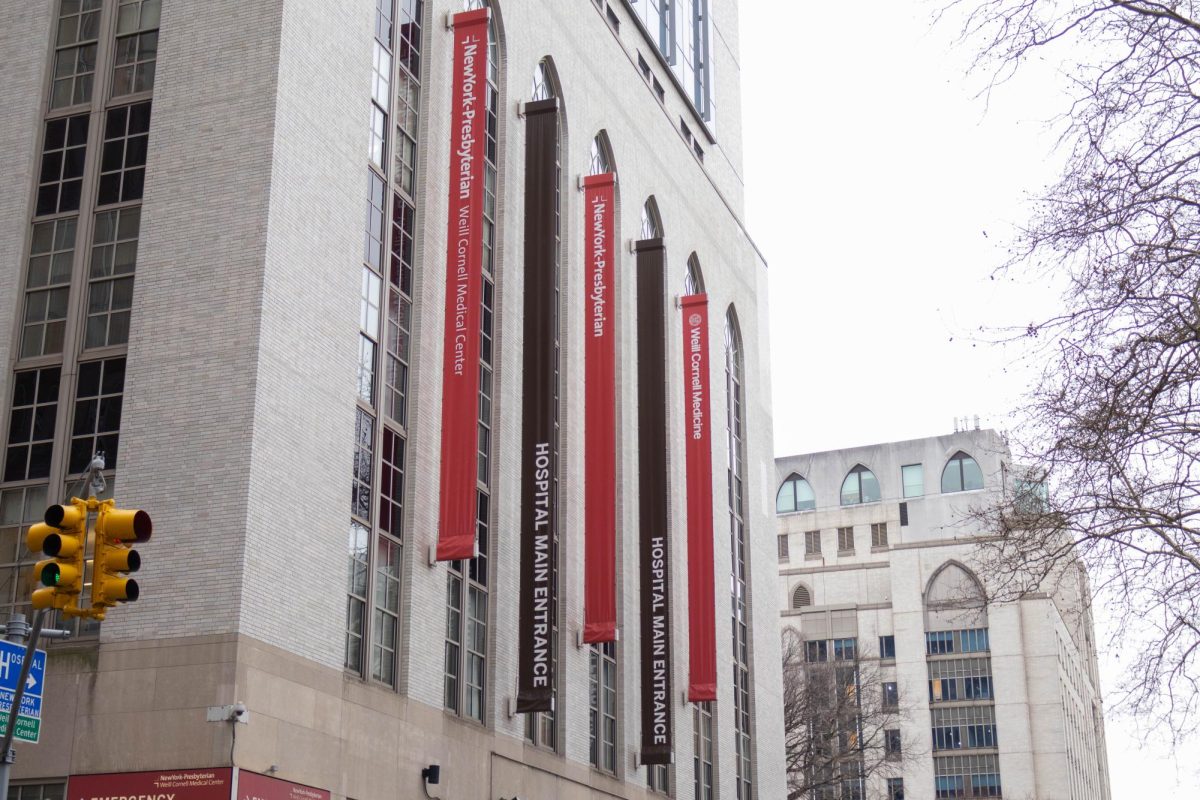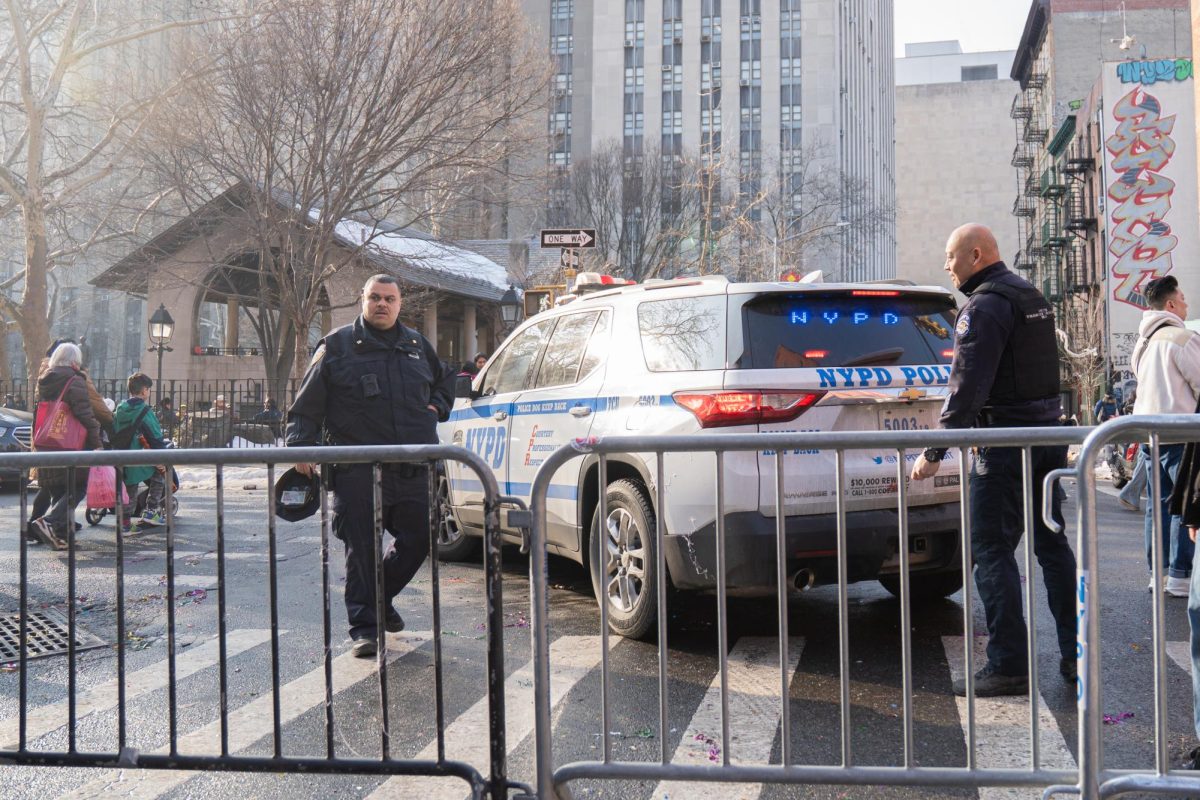Months after New York City implemented the first congestion pricing plan in the U.S., a significant wave of legal and political opposition has threatened to bring the entire effort to a halt.
In February, the Trump administration said it was revoking federal approval of the program over concerns about non-toll alternatives and lack of public input.
U.S. Transportation Secretary Sean Duffy said the program “leaves drivers without any free highway alternative, and takes more money from working people to pay for a transit system and not highways.”
In response, the Metropolitan Transportation Authority and NYC filed an emergency lawsuit to keep the program alive, arguing that the federal government cannot revoke its approval.
The MTA also argued that canceling congestion pricing would cause “irreparable harm,” resulting in the loss of $50 million in monthly revenue that is crucial for funding transit improvement projects.
The program has also received harsh criticism from neighboring states and local business owners. Small business owners, taxi drivers and delivery workers have voiced concerns about increased pricing harming business in Manhattan.
In July 2023, New Jersey Gov. Phil Murphy filed a federal lawsuit trying to block the initiative, arguing that it places a burden on New Jersey commuters who drive into Manhattan every day to work in essential industries and also negatively impacts the environment.
Meanwhile, critics like the New York Post have raised concerns over the MTA prioritizing money over what is fair. It also questioned whether congestion pricing will actually improve transportation services or simply leave lower income commuters without options.
Many see the ongoing controversy surrounding congestion pricing as a battle between President Donald Trump and Gov. Kathy Hochul.
A confidential memo from the U.S. Attorney’s Office was leaked and filed in court on April 23 by Department of Justice lawyers, which revealed internal doubts about the Trump administration’s strategy to end congestion pricing.
This came after the Trump administration demanded for a third time that the program end, giving a deadline of May 21 to stop the toll or explain why the law was not being broken or risk losing federal funding and approval on other transit projects.
“The federal government sends billions to New York — but we won’t foot the bill if Governor Hochul continues to implement an illegal toll to backfill the budget of New York’s failing transit system,” Duffy said in an April 21 letter addressed to Hochul.
As first reported by Axios, government attorneys warned that there are “considerable litigation risks” in rescinding the plan.
MTA officials have promised that every dollar that is generated will go toward improving New York City’s transit infrastructure. This includes improvements to subway accessibility, signal modernization and the purchase of new rolling stock for railway systems.
The goal of congestion pricing is to reduce vehicle congestion in Midtown and Downtown Manhattan, focusing on lowering carbon emissions, and creating a nest egg for public transportation improvements.
However, with legal challenges between neighboring states such as New Jersey and repeated attacks by the Trump administration, the future of congestion pricing remains uncertain.
The outcome will not only affect Manhattan commuters, but it could also influence how other cities across the U.S. address traffic, climate goals and public transit reform in the years ahead.


